5 things you need to know about aging
Your body may not work as well as it used to, but you can slow down the effects of time.
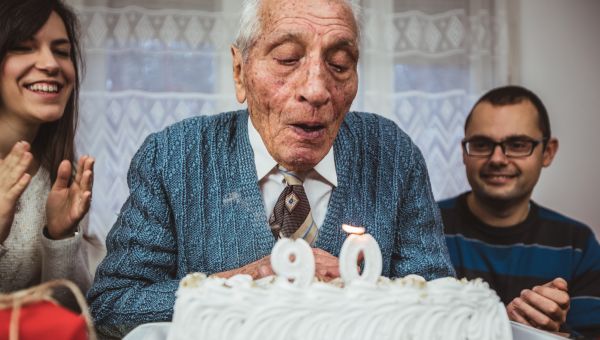
Your body is a machine, and like all machines, it shows wear and tear the longer it’s working. Once you reach retirement age, many of your body’s systems are no longer humming along as efficiently as they used to. Here’s what happens to your body as it ages—and what you can do to slow down Father Time.
Get more lessons in longevity from the world’s healthiest… Show More
Your body is a machine, and like all machines, it shows wear and tear the longer it’s working. Once you reach retirement age, many of your body’s systems are no longer humming along as efficiently as they used to. Here’s what happens to your body as it ages—and what you can do to slow down Father Time.
Get more lessons in longevity from the world’s healthiest communities, also known as Blue Zones, for your best life.
Medically reviewed in February 2020.
Show Less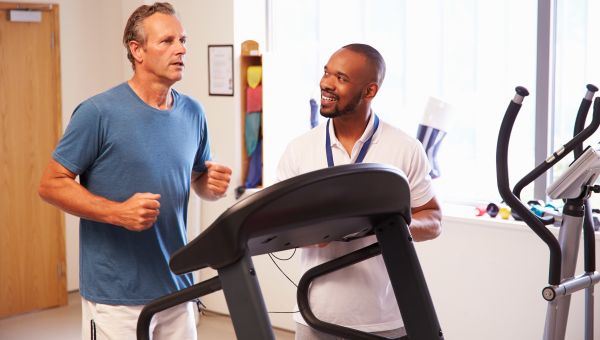
Heart
The heart muscle beats more than 2.5 billion times throughout the average lifetime. With all that work, the heart eventually wears down, affecting its pumping ability. Blood vessels harden and narrow, and the walls of the lower chambers—the ventricles—get thicker from having to pump harder. The… Show More
The heart muscle beats more than 2.5 billion times throughout the average lifetime. With all that work, the heart eventually wears down, affecting its pumping ability. Blood vessels harden and narrow, and the walls of the lower chambers—the ventricles—get thicker from having to pump harder. The heart’s electrical system doesn’t work as well as it once did.
You’re at risk for: atrial fibrillation, heart failure, coronary artery disease, stroke
Keep it young: Exercise can help keep the heart pumping efficiently, ensure that blood vessels stay flexible and lower the resting heart rate. The Centers for Disease Control and Prevention recommends 150 minutes per week of moderate exercise or 75 minutes per week of vigorous exercise. Other ways to stay young? Eat healthy and don’t smoke.
Show Less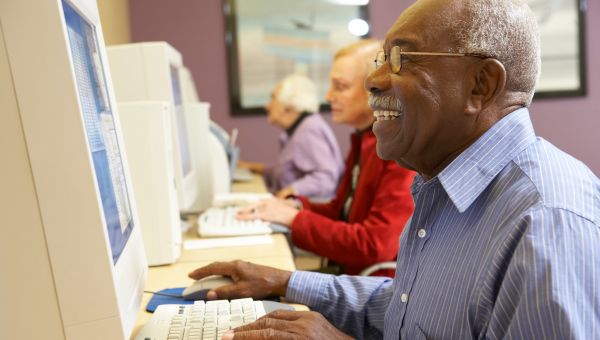
Brain
As you get older, certain parts of the brain, like the hippocampus and the prefrontal cortex, lose cells and shrink. Brain cells lose connection with each other and have more trouble communicating. Brain arteries narrow and new capillaries don’t form as easily. All of this results in a slowdown of… Show More
As you get older, certain parts of the brain, like the hippocampus and the prefrontal cortex, lose cells and shrink. Brain cells lose connection with each other and have more trouble communicating. Brain arteries narrow and new capillaries don’t form as easily. All of this results in a slowdown of learning, memory, planning and other mental functions.
You’re at risk for: dementia—including Alzheimer’s disease—and mild cognitive impairment
Keep it young: Creative hobbies such as knitting or painting, social activities and computer use can help stave off mild cognitive impairment. Exercise, too, has been shown to have protective effects on the brain.
Show Less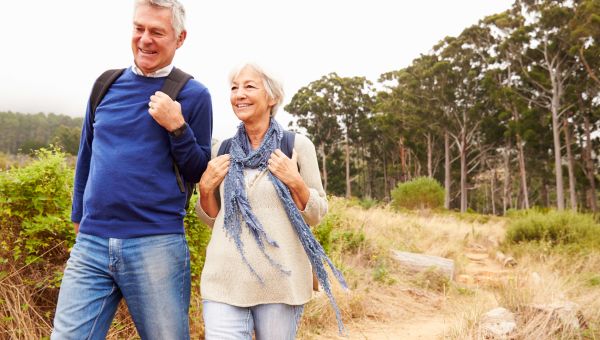
Lungs
As you age, the muscles that help you breathe weaken and your immune system doesn’t work as well, making you more prone to lung infections. You can’t exhale as much as you used to, and the exchange of oxygen and carbon dioxide isn’t as efficient. This means you can’t exercise as hard as when you… Show More
As you age, the muscles that help you breathe weaken and your immune system doesn’t work as well, making you more prone to lung infections. You can’t exhale as much as you used to, and the exchange of oxygen and carbon dioxide isn’t as efficient. This means you can’t exercise as hard as when you were younger.
You’re at risk for: infections, including pneumonia and influenza
Keep them young: Keep exercising and don’t smoke. If you spend too much time lying down, mucus can collect in the lungs, putting you at even greater risk of infections.
Show Less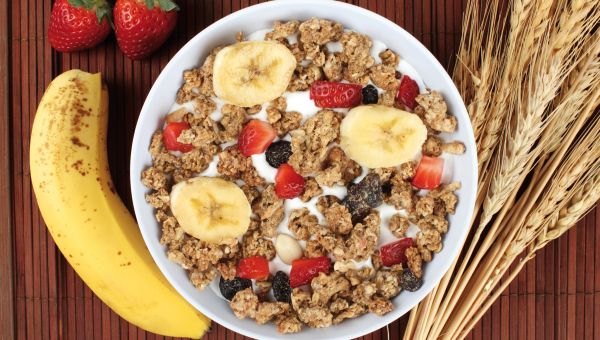
Digestive System
The digestive system holds up pretty well as bodies age, but it still slows down and can cause problems like constipation. Lactase levels in the small intestines decrease, potentially leading to lactose intolerance. The balance of bacteria in your gut may get thrown off and you don’t absorb… Show More
The digestive system holds up pretty well as bodies age, but it still slows down and can cause problems like constipation. Lactase levels in the small intestines decrease, potentially leading to lactose intolerance. The balance of bacteria in your gut may get thrown off and you don’t absorb nutrients as well as you used to.
You’re at risk for: acid reflux, gastric ulcers, constipation, malabsorption of nutrients
Keep it young: Don’t smoke. Along with increasing the risk of other major health problems, smoking relaxes a valve in your chest that keeps stomach acid from creeping up and causing acid reflux; it may also make you more susceptible to peptic ulcers. Women over 50 should get at least 21 grams of fiber a day to keep bowels regular; men need at least 30 grams per day.
Show Less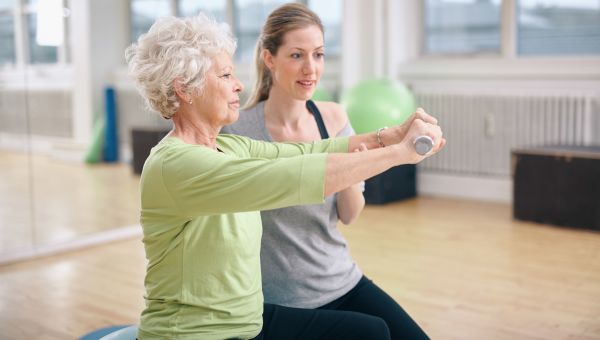
Bones, Muscles and Joints
Bones take a beating as people age. After about age 50, bone density decreases and bones become weaker and more brittle. You’ll also lose muscle mass and your joints will become stiffer.
You’re at risk for: osteoporosis, arthritis, falls, fractures
Keep them young: Stretching can help keep joints… Show More
Bones take a beating as people age. After about age 50, bone density decreases and bones become weaker and more brittle. You’ll also lose muscle mass and your joints will become stiffer.
You’re at risk for: osteoporosis, arthritis, falls, fractures
Keep them young: Stretching can help keep joints flexible, while resistance training can stave off both muscle and bone loss. Get 1,000 to 1,200 milligrams per day of calcium and 600 IUs of vitamin D per day to fight osteoporosis.
Show LessMore On


video

article
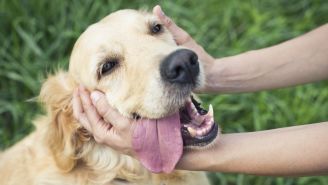
slideshow


video


video
